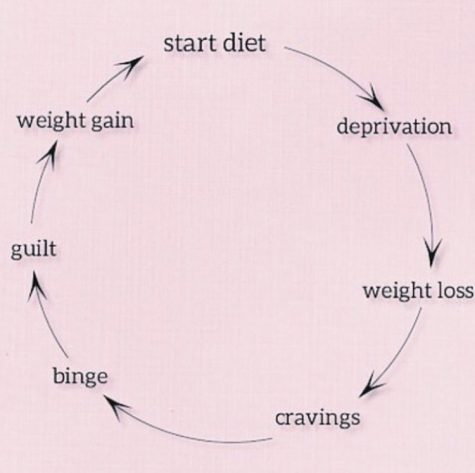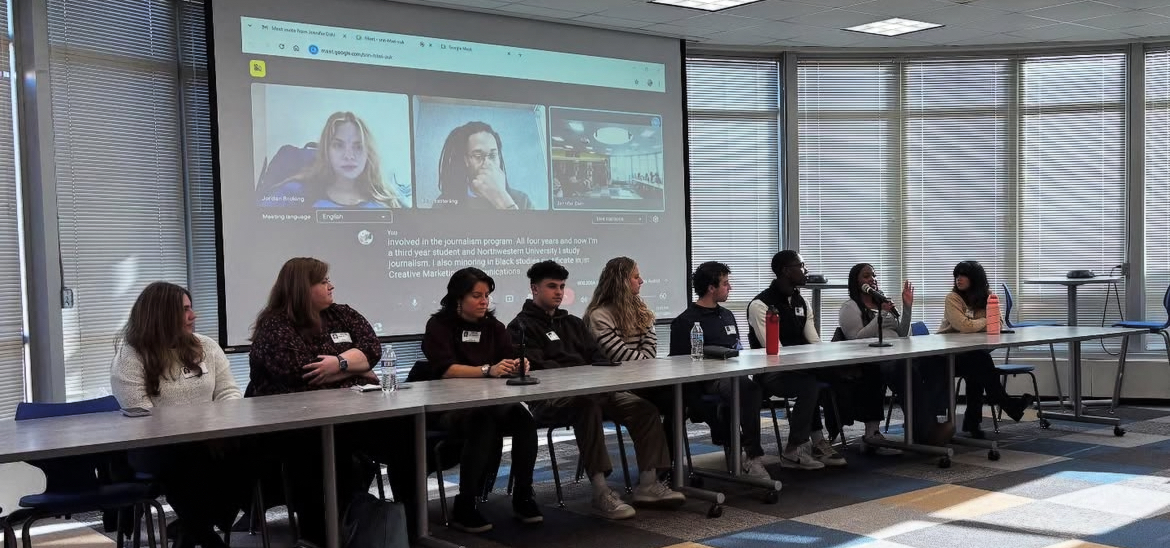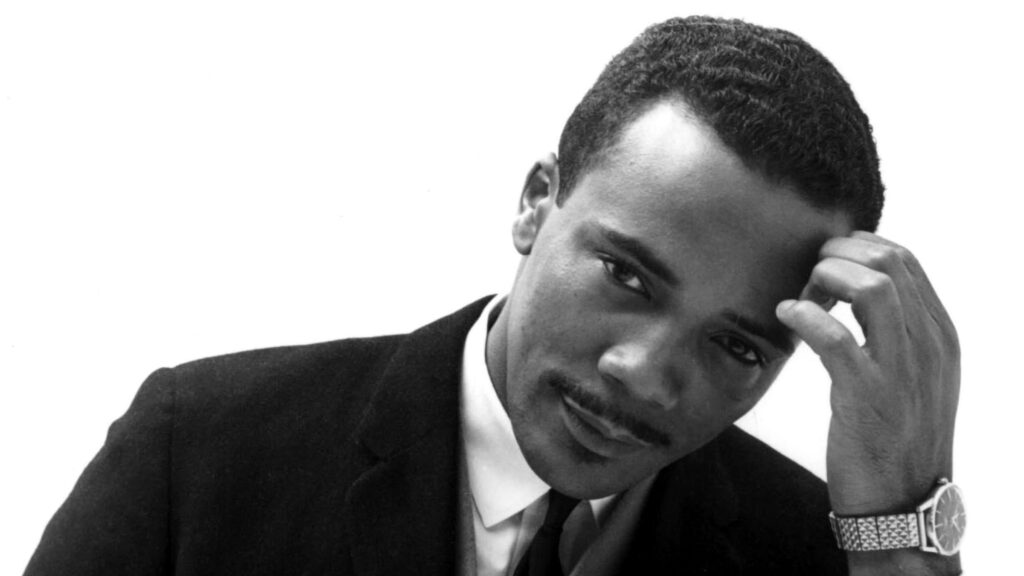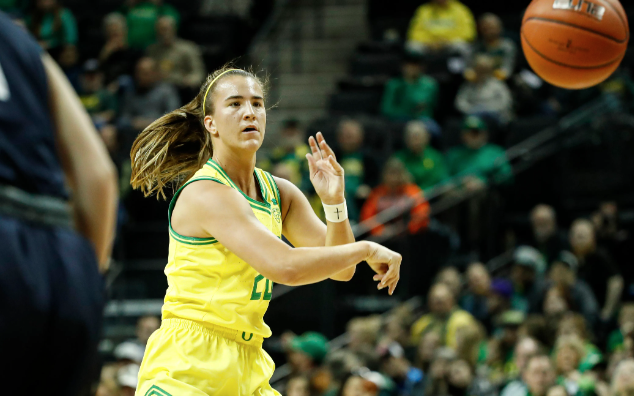4 Tips on Developing Proper Eating Habits
Student Journalist Lauren Bulanhagui gives 4 tips from her nutritionist on how to live a healthier life style
A few months ago, my family decided to get a nutritionist for our family to see what we can do to be healthier. This experience has been eye-opening, and something that I feel is worth sharing with others. So, what are some tips and important facts you must know to develop proper eating habits?
-
Diets DO NOT Work… In the Long Run
It is common for someone to say, “I’m going on a diet to lose weight,” and start following a diet for a while. This may include cutting out carbs or sweets, but soon temptation sets in. They might begin snacking more often and then feel guilty because they gained weight. Soon, they might realize that they have “broken” their diet and will try to get back on it. Sound familiar? People find it hard to stick to a particular diet for a certain amount of time, as demonstrated in the cycle presented by my nutritionist:

Diets are intended to make the process of weight loss a lot more effective, but you may be depriving yourself of certain nutrients that your body needs. My nutritionist explains that this will lead to slowing your metabolism, which will prevent you from losing weight and instead gain weight faster.
To solve this, my nutritionist gave a list of snacks based on my family’s interests that are high in proteins and are equally as delicious. For instance, my family is used to drinking almond milk, and I personally prefer almond milk over any other kind of milk. However, my nutritionist insists that we switch to oat milk because almond milk is only made up of sugar and water, and does not provide the same nutrients of oat milk. Try looking into which food you eat and incorporate them into a snack for your daily life.
-
Eat at the Right Times
It is equally as important to eat “on time,” which means eating at least every three to four hours. This is to prevent overeating because you are more likely to eat more than you would and gain weight if you have smaller gaps in your eating times.
It is also not recommended to eat an hour or less before bed because your body “shuts down” for rest when you sleep. While in the stages of sleep, your body does not break down any food that is present. To prevent this, try to eat at least two or more hours before going to bed.
-
To Burn Calories, Always Eat BEFORE You Exercise
Think of your metabolism like a fire. For the fire to keep going, it needs wood as fuel to continue burning. Nutritionists use this analogy because sometimes, I would go on a walk or go to the gym without eating anything. My nutritionist has explained that this practice contradicts weight loss because equates to being “counterproductive”. To burn a significant amount of calories, you need to have something in your body to burn it as food fuels the body with the energy it needs to do any physical activity. Not doing so will decrease the quality of a workout or any physical activity.
-
Eat WITHOUT Distractions (Mindless Eating)
In this generation, it is hard to find someone without an electronic device like a phone or laptop. These devices have proven to be very convenient while letting work on homework or projects during lunch breaks. However, these revolutionary devices are also seen as distractions and can cause mindless eating.
Mindless eating is when one eats without a thorough comprehension of what they are consuming or how much food they are consuming. This means that eating while staring at a device prevents your brain from sending a message — the sense of feeling full after a meal — to your stomach.
A well-known example of this is the movie theater. Have you ever bought popcorn in the movie theater and end up devouring the entire tub? This happens because your brain cannot process what are you eating while you are watching something. According to my nutritionist, she states that there was an experiment that was done where people were given five-day old popcorn at a movie theater. They ate the popcorn with no problem in the movie theater, but once they were handed some when the movie was over, they were disgusted.
Healthline.com also conducted a study and found that, “People watching television while eating their meals ate 36% more pizza and 71% more macaroni and cheese [because] the longer the show, the more food you’re likely to eat.”
These experiments explain how electronics are connected with mindless eating because people have proven to eat more when they are focusing on something else. As an alternative, my nutritionist recommends playing music while you eat because it is less distracting than watching a movie or TV show.
All this information has changed my outlook on diets, nutrition, and overall health. A healthier lifestyle does not necessarily mean cutting out foods high in calories or going to the gym every day. Eating healthier and living healthier can start with small changes in your life that can make all the difference.








































































